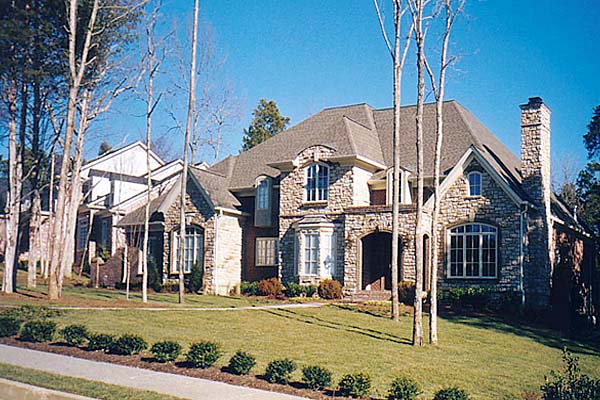SPECIAL WARRANTY DEED
Navigating Real Estate Transactions: Understanding the Special Warranty Deed
Introduction:
Defining the Special Warranty Deed:
A Special Warranty Deed is a legal document used in real estate transactions where the seller, or grantor, provides a specific type of warranty against defects of title. Unlike a general warranty deed, which provides comprehensive protection, the special warranty deed limits the grantor's warranty to defects that have occurred after the grantor acquired title to the property.
Key Characteristics of a Special Warranty Deed:
Limited Warranty Scope:
The special warranty deed is distinct in that it only warrants against defects of title that have arisen during the grantor's ownership of the property. It does not extend to defects that may have existed prior to the grantor's acquisition of the title.
No Covenant of Warranty:
Unlike a general warranty deed, the special warranty deed does not contain a broad covenant of warranty of title. The grantor's liability is limited to defects that may arise during their ownership.
Risk Mitigation for Sellers:
Sellers often choose to use a special warranty deed as it allows them to limit their liability to title defects that may have occurred during their ownership period. This can be particularly relevant when the seller is unwilling to assume the risk for potential pre-existing defects.
Common Use Cases for Special Warranty Deeds:
Commercial Real Estate Transactions:
In commercial real estate deals, special warranty deeds are commonly used. Sellers may be more cautious about assuming liability for title defects that could predate their ownership, and the limited warranty scope aligns with this cautious approach.
Foreclosure Sales:
Special warranty deeds are sometimes employed in foreclosure sales, where the foreclosing party may not have a comprehensive history of the property's title and seeks to limit their liability to defects arising during their ownership.
Corporate Transactions:
Companies engaged in real estate transactions, especially those involving corporate-owned properties, may prefer special warranty deeds to mitigate the risk associated with title issues that may predate their ownership.
Differences from General Warranty Deeds:
Comprehensive vs. Limited Warranty:
The primary distinction lies in the scope of the warranty. A general warranty deed provides a comprehensive warranty of title, covering defects that may have occurred at any point in the property's history, even prior to the grantor's ownership.
Covenant of Warranty:
A general warranty deed includes a covenant of warranty, wherein the grantor guarantees the title's validity against all defects, whether they occurred during or before their ownership. This is not present in a special warranty deed.
Covenant of Warranty:
A general warranty deed includes a covenant of warranty, wherein the grantor guarantees the title's validity against all defects, whether they occurred during or before their ownership. This is not present in a special warranty deed.
Conclusion:
In the intricate dance of real estate transactions, the choice of a deed can have far-reaching implications for both buyers and sellers. The Special Warranty Deed, with its limited warranty scope and absence of a covenant of warranty, provides a nuanced approach to addressing title concerns. As stakeholders engage in real estate deals, understanding the characteristics and applications of the special warranty deed empowers them to make informed decisions and navigate the complexities of property transfers with clarity and confidence.
MORE REAL ESTATE TERMS
A, B, C, D, E, F, G, H, I, J, K, L, M, N, O, P, Q, R, S, T, U, V, W, X, Y, Z
Featured New Home

Featured Mortgage Brokers
- CARLILE PROPERTIES, SACRAMENTO, CA
1009 22ND STREET, 3A
SACRAMENTO, CA 95816 - AMERICAN FINANCIAL NETWORK INC, MURRIETA, CA
24910 WASHINGTON AVE
MURRIETA, CA 92562 - PRIMELENDING A PLAINSCAPITAL COMPANY, INDIANAPOLIS, IN
50 E 91ST ST STE 300
INDIANAPOLIS, IN 46240 - TOP FLITE FINANCIAL INC, WATERFORD, MI
5663 HIGHLAND RD
WATERFORD, MI 48327 - LEADER ONE FINANCIAL CORPORATION, OVERLAND PARK, KS
11020 KING ST STE 390
OVERLAND PARK, KS 66210